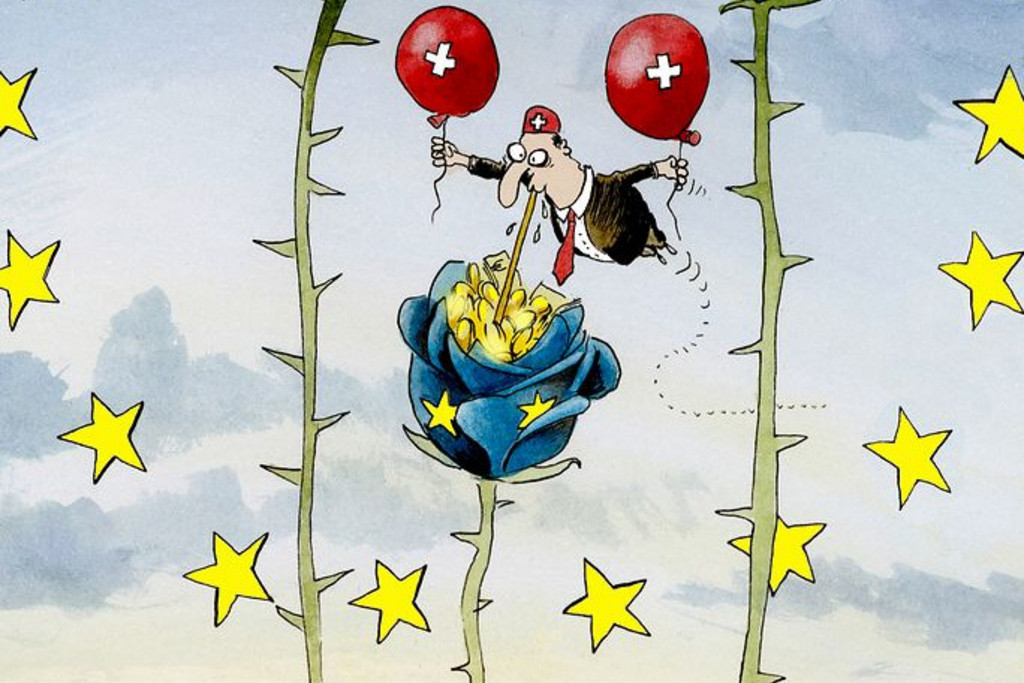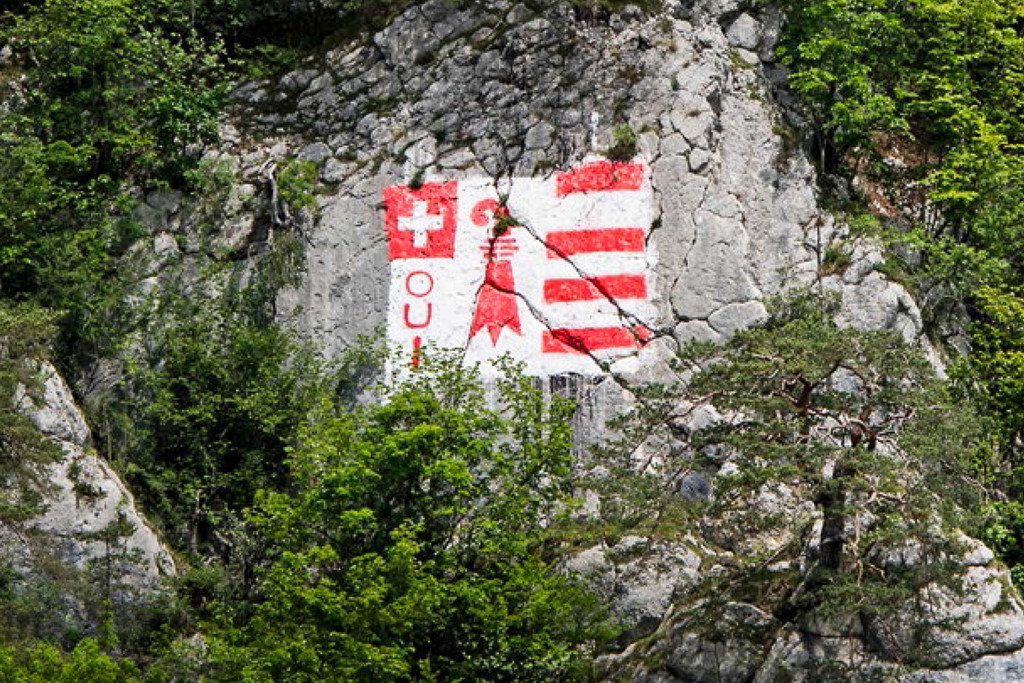The crux of the matter is that the EU Commission has so far explicitly refused to consider a procedure that would regulate these fundamental issues “on a case-by-case basis”. It also maintains that the European Court of Justice should be involved in disputes, a proposal that faces strong political resistance within Switzerland. The Federal Council nevertheless hopes there will be a growing realisation at EU headquarters that maintaining the bilateral approach is also in its own interest.
Since the spring, Livia Leu, the state secretary responsible for the dossier, has been testing the waters in Brussels. As of press time, several meetings between the negotiators had taken place. Nevertheless, it will probably take some time yet before new negotiations are held at the highest political level. The Federal Council does not want to decide on a mandate until there is “a sufficient basis” for it. So far, the positions are still “wide apart”, as the Federal Council made clear in mid-June. No sign of a thaw yet.
“The package must be broadly accepted at a political level if it is to have a chance in a referendum.”
Fabio Wasserfallen
Political analyst, professor of European politics at the University of Bern
Overshadowed by the 2023 elections
Within Switzerland there is no consensus on how to proceed with the EU issue either. The parties are trying to outdo each other with their own strategies and action plans – while at the same time lamenting that no progress is being made in finding a solution. In the view of political analyst Fabio Wasserfallen, professor of European politics at the University of Bern, the fact that the Federal Council is not moderating the debate conducted in Switzerland more forcefully is evidence of a leadership vacuum: “Unfortunately, there is a disconnect between domestic and foreign policy.” According to Wasserfallen, the task of reunifying these two should fall to the Swiss government. “The package must be broadly accepted at a political level if it is to have a chance in a referendum.” If this is achieved, the Federal Council could use realistic models to demonstrate how Swiss interests would be safeguarded and any concessions well mitigated. “To accomplish this, the committee would have to agree on a common approach and follow it through in the longer term.” Yet the more time that passes, the more the tendency will be to wait for the federal elections in autumn 2023, concludes the political analyst. Depending on how the different parties fare, the cards will be reshuffled as the new government takes shape. “Ideally, however, there should still be opportunities to discuss the pros and cons of the Federal Council’s EU plan before the elections.” This would make everyone show their hand in the coming election year.
THEODORA PETER
Related to this topic:
Swiss researchers fear isolation






![[Translate to English:]](/fileadmin/_processed_/3/7/csm_max-spring-3-cartoons-de_3c29839370.png)





Comments
Comments :
Die Krise hat mich als Auslandsschweizerin mit deutscher Firma schwer getroffen. Wir wurden wegen meiner Schweizer Staatsbürgerschaft aus einem Konsortium des EU-Calls EuroQCI geworfen. Dort waren wir für den Sicherheitsbeweis und Nachweis der Quantensicherheitsgeräte zuständig. Dieser ist Voraussetzung für Zertifizierbarkeit der Geräte. Die entsprechenden Arbeitspakete werden jetzt aus dem Projekt gestrichen. Eine Auslandschweizerin wird als Risiko für das Europäische Quanteninternet betrachtet. Wir suchen jetzt nach neuen Partnern, die an unserer Expertise interessiert sind.